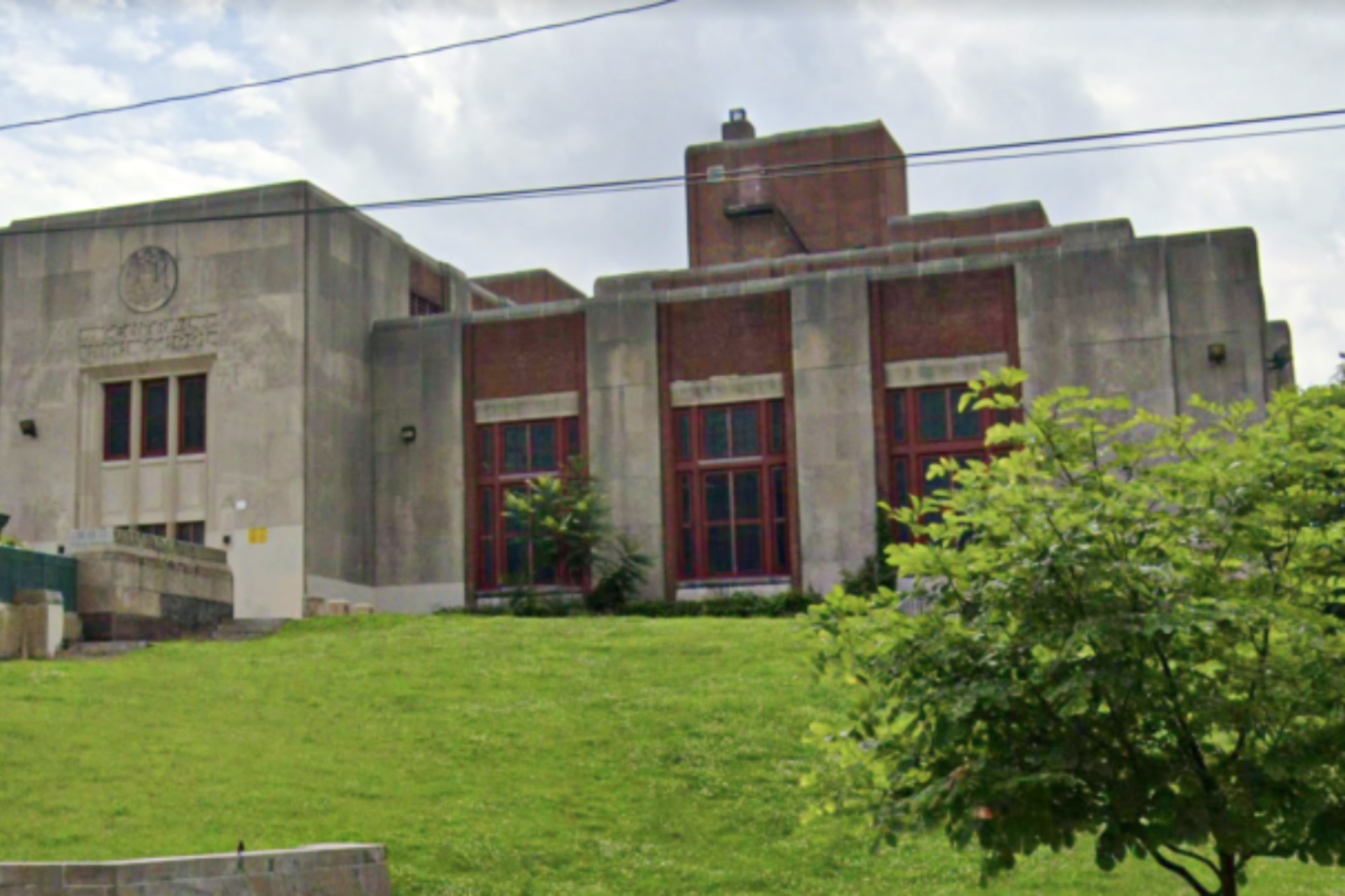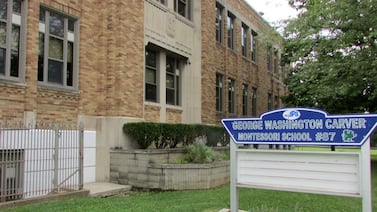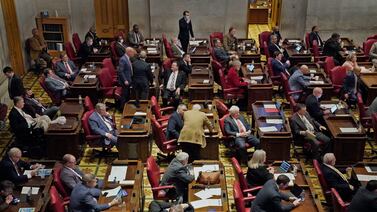Calling Philadelphia’s new admissions policy for its most selective high schools a “blatantly unconstitutional race-based system,” three parents have filed a federal suit seeking to overturn it, citing specifically its provision giving preference to students from six ZIP codes.
The lawsuit, filed on April 19 in U.S. District Court for the Eastern District, labels the admissions criteria, announced in October, as a “a gerrymandered computerized lottery system.”
The lawsuit is one of several around the country that seek to eliminate all consideration of race in determining access to selective educational institutions and programs.
Lawyers with ties to conservative causes filed the complaint by the three families on behalf of their children, one Black, one biracial, and one white.
Under the revised admissions system, none of the three got into the school of their choice.
Previously, 19 of Philadelphia’s selective admissions schools chose from among qualified applicants, based on grades, standards test scores, attendance and behavior records, and often other criteria including auditions or recommendations. Under the new system, those schools set their own standards, and all qualified students enter a lottery.
For the four most selective schools – Central, Masterman, Engineering & Science, and Academy at Palumbo – the lottery gives preference to students who live in six ZIP codes, all with predominantly Black and Latino populations, that traditionally have sent the fewest residents to these schools. This amounts to “preferential treatment,” the lawsuit contends.
The suit seeks class action status. As of Thursday, attorneys had not yet filed for relief for the named plaintiffs.
The lead plaintiff is Sherice Sargent, whose daughter did not get into Carver High School of Engineering & Science for ninth grade despite excelling in its middle school and being promised admission as long as she continued to meet qualifications.
“We came here understanding that our students could continue [at Carver] as long as they met the criteria,” Sargent told Chalkbeat in February. “They admitted to telling us that, but said they are no longer honoring what we told you.” Sargent is Black.
The two other plaintiffs, students at Christopher Columbus Charter School, sought admission to Palumbo.
The 19 selective admissions high schools collectively have predominantly Black enrollment; the district’s enrollment as a whole is just under half Black. But the district’s two most selective schools, Central and Masterman, have seen huge drops in their Black enrollment over the past decade.
A preliminary district study of the new policy showed that more students than previously met the basic qualifications for the selective admissions schools, but that small percentages of Black and Latino students met the criteria for Central and Masterman – 2% of Blacks and 3% of Latinos for Masterman, and 5% of Blacks and Latinos for Central. Larger percentages of white and Asian students had those qualifications.
The other two schools affected by the ZIP code preference, Palumbo and Carver, are about one-third and two-thirds Black, respectively. The lawsuit implies that the district seeks to decrease the Black population at Carver, to “rebalance” the racial makeup of all schools to reflect the district’s overall enrollment.
Civil rights attorneys reached by Chalkbeat on Thursday declined to speak on the record about the case, but several said that the district had left itself vulnerable to lawsuits through statements officials made in explaining it.
Maura McInerney of the Education Law Center, which filed previous lawsuits seeking more access to the most selective schools for English learners and students with special needs, said in a statement that “there is no question that the School District’s special admission policy needed to change. For decades the data has shown that Black and Brown students, students with disabilities and English learners have been shut out of these schools.” She declined to comment on this lawsuit.
In making the change for current eighth graders seeking admission to ninth grade in September, district officials made public statements saying that they were seeking to make the enrollment at the most selective schools more closely mirror the overall student population.
“Our central objective is to make systemic change, and to align ourselves with an equity focus,” Sabriya Jubilee, director of the district’s new Office of Diversity, Equity and Inclusion, said at the time.
Karyn Lynch, the district’s chief of student supports, which oversees admissions, said in designing the new policy the district “worked hard to avoid data points that involve human assessment.”
“We will continuously look at our practices so all students in the city of Philadelphia have equal access,” she said.
The district explains on its website, “Each year, about 12% of ninth graders from across the city were enrolled in one of the four high schools – but that percentage varied greatly by students’ home ZIP codes. The specific ZIP codes with the lowest enrollment rates have not been equitably represented at these four schools, and are being prioritized.”
Selective admissions policies for high schools were designed to increase access for Black and Latino students to the most coveted magnet schools (and the most selective colleges). They have become contentious around the country.
In Fairfax, Virginia, Asian parents are challenging admissions requirements to Thomas Jefferson High School, a science-oriented magnet; this week, the U.S. Supreme Court allowed the case to move forward. Similar cases are ongoing in Montgomery County in Maryland and in Boston.
Students also have also filed a lawsuit saying New York City’s selective admissions policy maintains segregation.
Gene Hamilton, one of the attorneys on the Philadelphia complaint, is from America First Legal, an organization founded by Stephen Miller and Mark Meadows, both former top aides to former President Donald Trump. Attorney Jonathan Mitchell of Austin helped write the Texas anti-abortion bill.
Hamilton wrote that Philadelphia’s policy “is not only a blatant violation of the Constitution, but it tells students that hard work and determination are no longer sufficient for success without considerations of race and ethnicity.”
Dale Mezzacappa is a senior writer for Chalkbeat Philadelphia, where she covers K-12 schools and early childhood education in Philadelphia. Contact Dale at dmezzacappa@chalkbeat.org.







